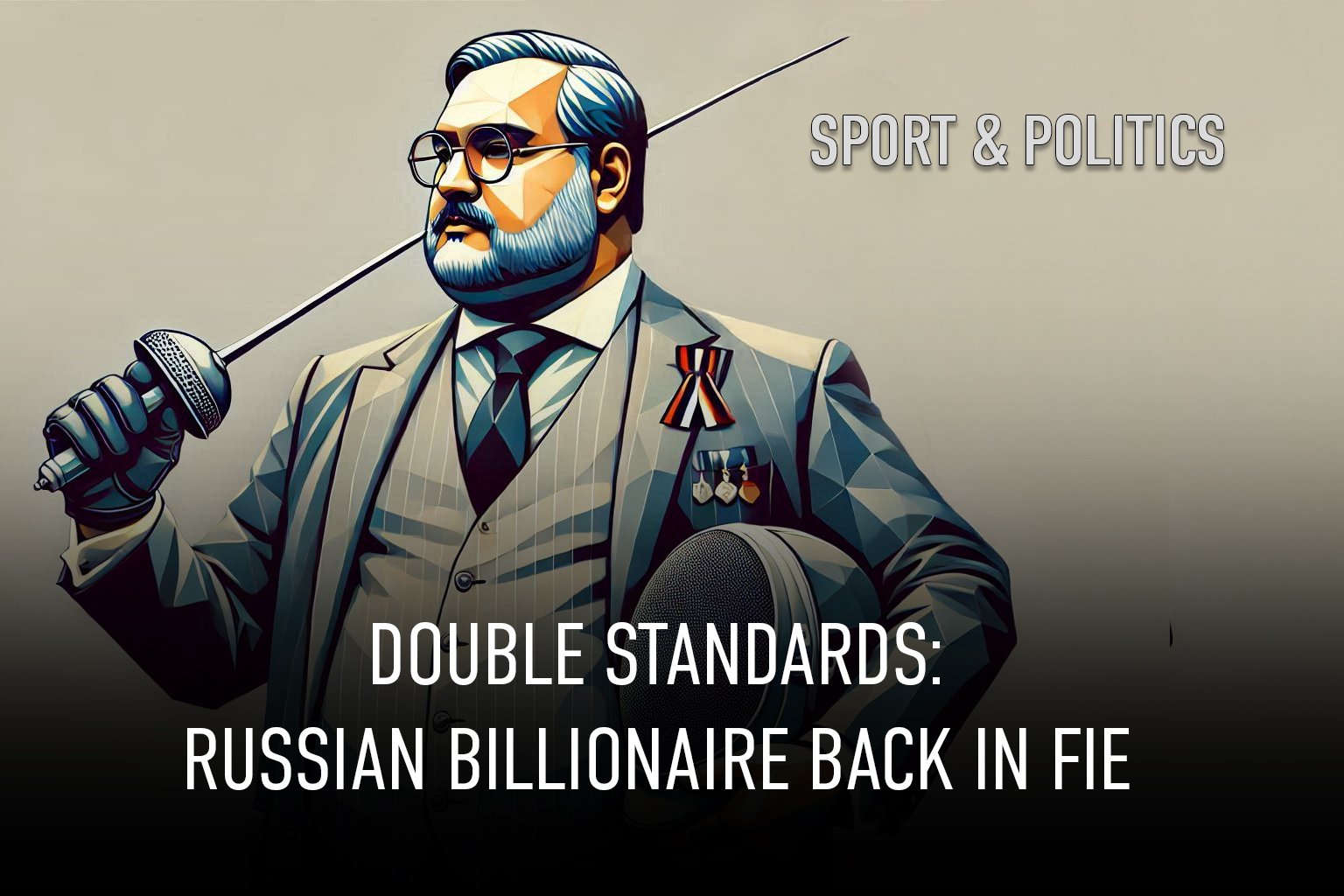DOUBLE STANDARDS: RUSSIAN BILLIONAIRE BACK IN FIE

In a move that highlights a glaring double standard in global sports governance, Alisher Usmanov, a Russian-Uzbek billionaire sanctioned for his connections to the Kremlin, has been nominated for a return to the presidency of the International Fencing Federation (FIE).
This comes despite his withdrawal from the post following Moscow’s invasion of Ukraine—the war that led to international sanctions and scrutiny on Russian entities and figures.
Usmanov, who has historically invested heavily in fencing through his International Charitable Foundation for the Future of Fencing, initially assumed FIE leadership in 2008, followed by re-elections in 2012, 2016, and 2021. However, his latest term was cut short in 2022 due to economic sanctions and a travel ban imposed by the European Union. The governing body was temporarily led by Greek interim president Emmanuel Katsiadakis, who kept Usmanov’s position open. Now, in a move that has drawn criticism from various quarters, Usmanov has secured the backing of 103 national federations to seek re-election at the FIE congress scheduled for November 30 in Tashkent, Uzbekistan.
His only challenger, Swedish Olympian Otto Drakenberg, has gained attention for pushing transparency and ethical governance within the federation. Drakenberg notably argued for a discussion on human rights at the FIE’s 2022 congress, specifically before the controversial decision to award Saudi Arabia the junior world championships.
Adding to the complexity of Usmanov’s return bid is the FIE’s decision last year to readmit Russian and Belarusian athletes to international competition—a decision that made the FIE one of the first sporting bodies to reverse its initial post-invasion ban. This move, along with Usmanov’s comeback, brings into question the insistence by many international sports federations that “sports are beyond politics.” Yet, as Russian and Belarusian athletes faced mixed eligibility at this year’s Paris Olympics, with none of the fencers ultimately advancing to qualifiers under a “neutral” status, it’s evident that these decisions often reflect political undercurrents.
The reinstatement of a sanctioned oligarch and the reentry of Russian athletes clearly demonstrate the inconsistencies pervading international sports. These actions not only contradict the so-called apolitical stance but also undermine the sacrifices made by athletes and countries affected by the ongoing war. The message sent to the international community is troubling: influence and wealth can override principles when convenient, perpetuating an illusion of neutrality in a sports world deeply intertwined with politics.
